Careers and Industry Networking Session
Careers and Industry Networking Session
The careers event highlights diverse job pathways available to bioinformaticians, helping students gain confidence in networking, learn about key industry skills, and explore various entry programs.
The format of the event is like speed networking:
- Each representative to give brief introduction about themselves, their company, and their work in bioinformatics to the whole cohort
- Representatives then rotate around to tables of seated participants, facilitating discussions on industry trends and answering career questions
- The event will conclude with open networking, giving attendees the chance to reconnect with representative in smaller groups or one on one.
Venue: Art Halls, Old Arts Building 149, College Crescent, The University of Melbourne
Date: Wednesday 4 December
Time: 5-6.30pm

Dr Megan Coomer
Founder and CEO, Cell Bauhaus
Megan has spent 15+ years training and working at the crossroads of applied mathematics, bioinformatics, and biology. Her academic research broadly focuses on building stochastic models of different biological processes. She is passionate about breaking down barriers between mathematicians and biologists to advance translational research.
In 2023 Megan co-founded Cell Bauhaus with ARC Laureate Professor Michael Stumpf. At Cell Bauhaus, our mission is to leverage virtual cell technology to accelerate the discovery of sustainable solutions to humanity’s most pressing problems.
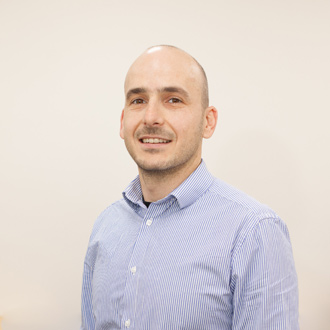
Dr Gad Abraham
Senior Manager and Interim Head of the Bioinformatics & AI team, CSL Research
Dr Gad Abraham is a Senior Manager and Interim Head of the Bioinformatics & AI team at CSL Research in Melbourne, which he joined in 2021. The team’s work involves using human genetics and bioinformatics to inform CSL’s drug development pipeline, towards answering key scientific questions regarding target validation, indication prioritisation, adverse event prediction, and patient stratification. Prior to CSL, Dr Abraham was a group leader at the Baker Heart and Diabetes Institute and a research fellow at the University of Melbourne, working in the area of statistical genetic analysis of autoimmune and cardiovascular diseases. He received his PhD in bioinformatics from the University of Melbourne in 2012.
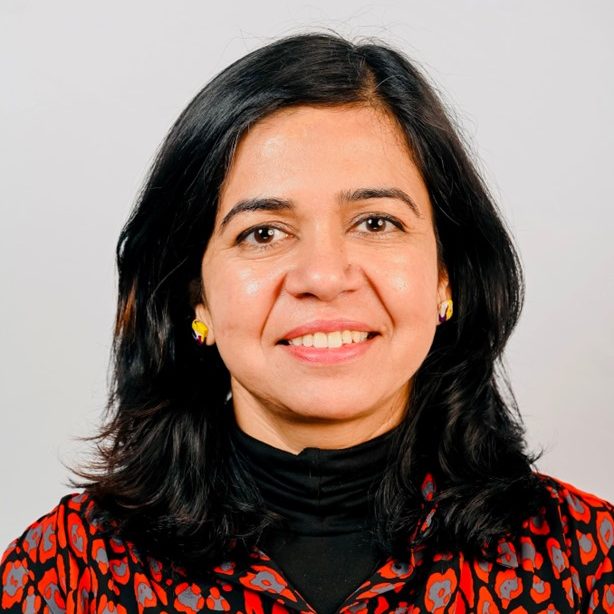
Associate Professor Sonika Tyagi
School of Computing Technologies, RMIT University
Dr. Sonika Tyagi is an Associate Professor at the Data Science & AI division of the School of Computing Technologies, RMIT University Australia. She is also an affiliate Machine Learning lead scientist at Central Clinical School Monash University Australia.
Her outstanding contributions to the field have garnered recognition in the form of prestigious awards and funding. Sonika was a finalist for Women in AI (WAI) awards – Australia-NewZealand 2022 in the “AI in Health” category. Sonika was named as a Brilliant Women in Digital Health 2023. Sonika is an elected member of the Victorian branch leadership of the Australasian Institute of Digital health.
Her expertise is in developing new machine learning tools and pipelines, and applying these methods to solve biological and clinical research questions. Her current research focuses on integrative approaches for personalised medicine.
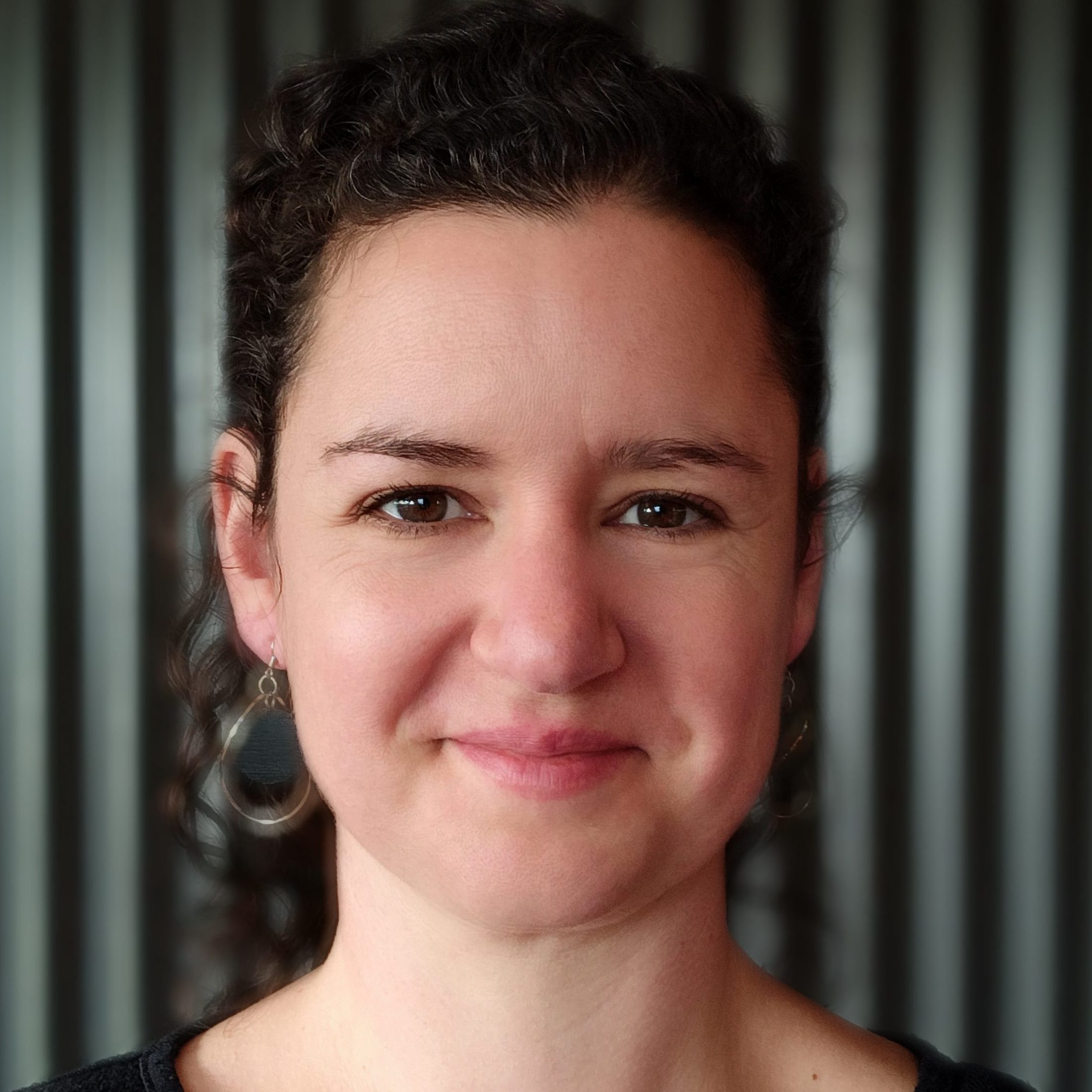
Dr Nadia Davidson
Head of Laboratory, WEHI
Dr. Nadia Davidson is a group leader at the Walter and Eliza Hall Institute (WEHI), appointed jointly between the Blood Cell and Blood Cancer, and Bioinformatics Divisions. She received a PhD in Experimental Particle Physics from the University of Melbourne in 2011. Armed with training in the analysis of large datasets, she switched fields into bioinformatics, supervised by Prof. Alicia Oshlack. Nadia worked as a postdoctoral researcher at the Murdoch Children’s Research Institute (2011-2019), and the Peter MacCallum Cancer Centre (2019-2021), before establishing her own research group at the WEHI (2022).
Nadia’s science is centred on developing methods to analyse RNA sequencing data. She has built novel computational methods for cancer research and diagnosis, including software to identify clinically relevant rearranged genes. Her past research has also informed practices for analysing data from non-model organisms, with diverse projects such as the discovery of novel genes on the sex chromosomes of birds, to understanding why emus have stunted wings. She received the prestigious Australian Bioinformatics and Computational Society Early Career Researcher award in 2019, and currently holds an NHMRC Emerging Leader (EL2) Investigator Grant.
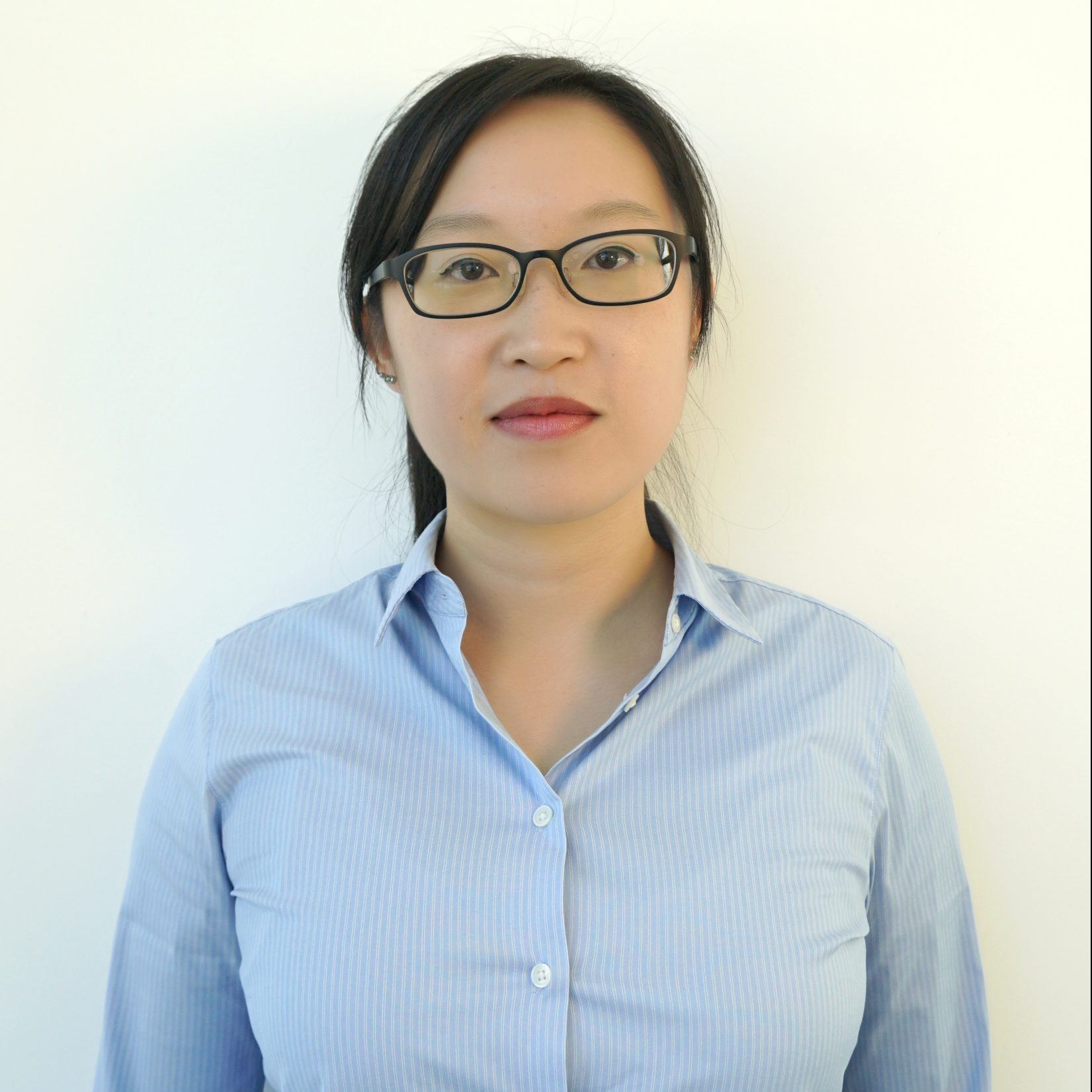
Miriam Yeung
Lead Computational Biologist – Cancer Genomics Translational Research Centre, Peter MacCallum Cancer Centre
Miriam completed a Bachelor of Science with a major in human physiology before pivoting to a Masters of Science in Bioinformatics. She has been at PeterMac since 2017, initially working with Mark and Sarah-Jane Dawson as a research assistant, where she worked on a broad range of omic projects. In 2022, she joined the recently formed Cancer Genomics Translational Research Centre, as the lead computational biologist. Where she has been supporting various labs and clinicians with their translatable research.
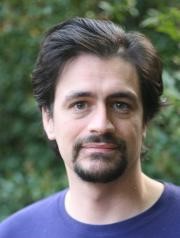
Daniel Cameron
Senior Staff Bioinformatics Scientist, Illumina
Daniel earned degrees in science and engineering in 2003 and spent a decade as a software engineer, leading international teams on multi-million-dollar projects. Seeking more challenging technical problems beyond building databases and websites for financial institutions, he pursued a PhD in bioinformatics methods development at the Walter and Eliza Hall Institute (WEHI), graduating in 2017. After a postdoc, Daniel joined the Hartwig Medical Foundation, where he developed cutting-edge tools for detecting and interpreting somatic genomic rearrangements in WGS-based clinical cancer sequencing. In 2022, he joined Illumina, where he now leads the DRAGEN structural variant team, advancing genomic technologies for clinical applications.
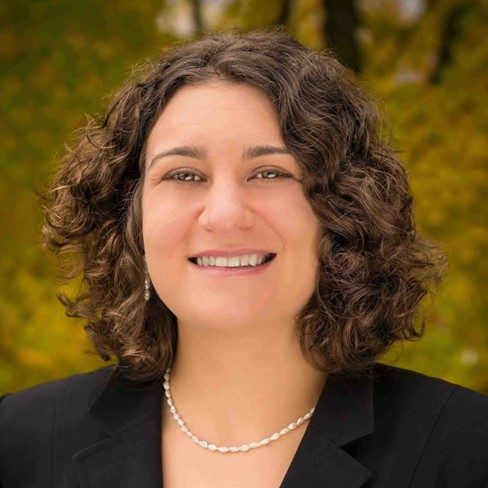
Elana Fertig
Johns Hopkins University
Dr. Fertig is a Professor of Oncology and Division and Associate Cancer Center Director in Quantitative Sciences, co-Director of the Convergence Institute, and co-Director of the Single-Cell Training and Analysis Center at Johns Hopkins University. She has secondary appointments in Biomedical Engineering and Applied Mathematics and Statistics, affiliations in the Institute of Computational Medicine, Center for Computational Genomics, Machine Learning, Mathematical Institute for Data Science, and the Center for Computational Biology and is a Daniel Nathans Scientific Innovator. Prior to entering the field of computational cancer biology, Dr Fertig was a NASA research fellow in numerical weather prediction. Dr. Fertig’s research is featured in over numerous peer-reviewed publications, R/Bioconductor packages, and competitive funding portfolio as PI and co-I. Notably, she led the team that won the HPN-DREAM8 algorithm to predict phospho-proteomic trajectories from therapeutic response in cancer cells and was elected to the College of Fellows American Institute for Medical and Biomedical Engineering (AIMBE) in 2022. She serves on the editorial boards of the pre-eminent computational biology journals PLoS Computational Biology, Cell Systems, ImmunoInformatics, eLife, and Cancer Research Communications, and as a steering committee member for the NCI Informatics Technology for Cancer Research Consortium

Saber Dini
Senior Data Scientist, CSL
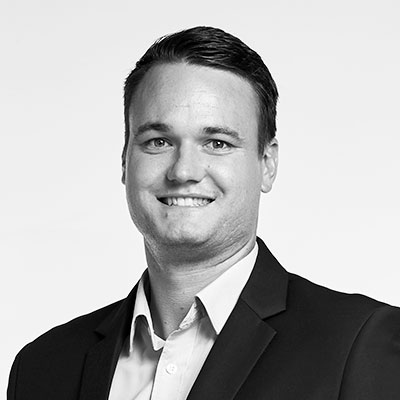
Justin Mabbutt
Business Development Manager, APR.Intern
Justin joined the APR.Intern team in 2019 as a Business Developer and is responsible for driving PhD industry internships in Victoria and Tasmania. As part of the role, Justin manages relationships between academia and industry, carefully matching PhD skillsets with industry research challenges to accelerate local innovation.
